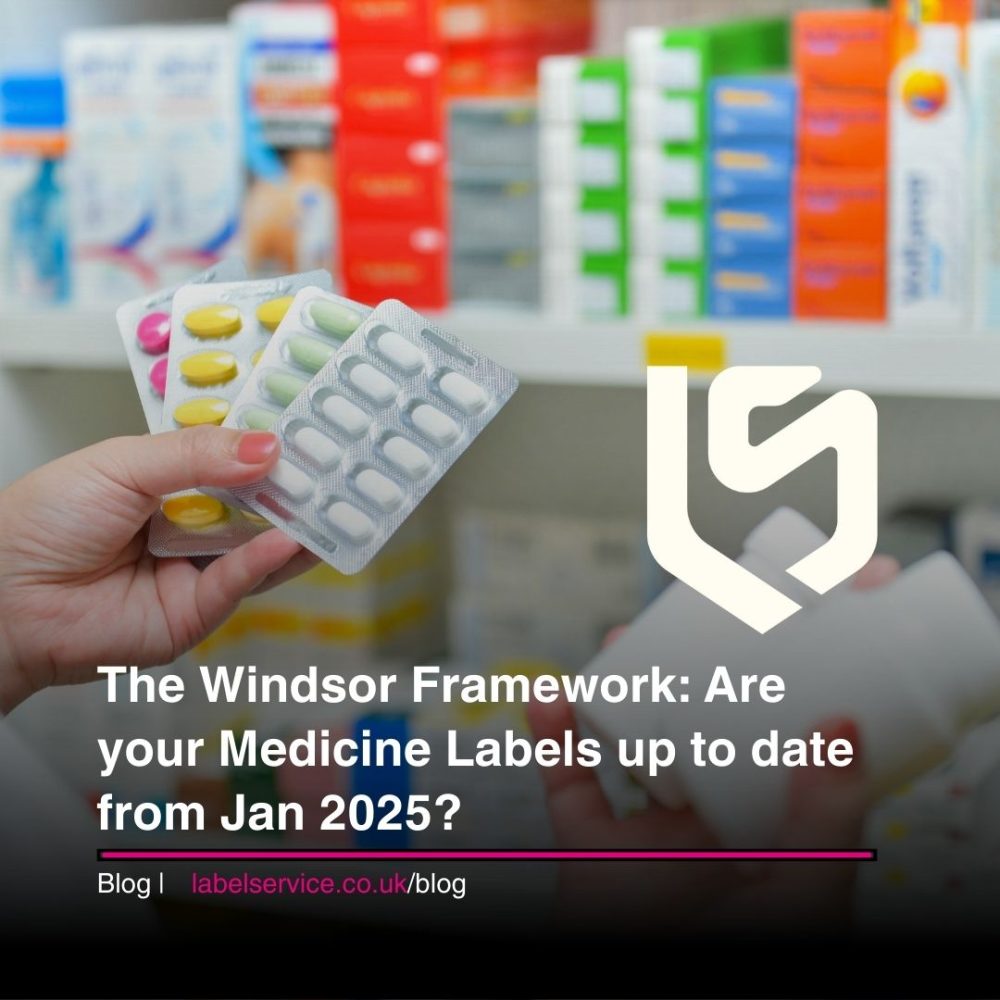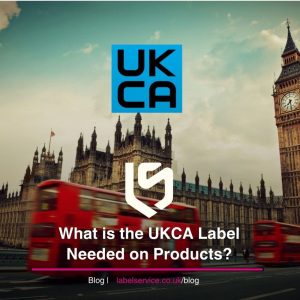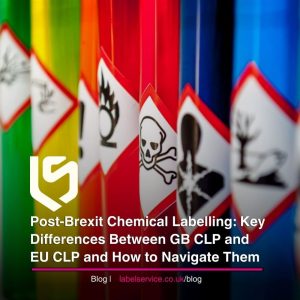The Windsor Framework is an agreement reached between the United Kingdom and the European Union in February 2023 to address challenges arising from the implementation of the Northern Ireland Protocol. The Protocol was part of the Brexit Withdrawal Agreement, designed to prevent a hard border between Northern Ireland (part of the UK) and the Republic of Ireland (an EU member state) while safeguarding the integrity of both the EU single market and the UK internal market.
Key Objectives of the Windsor Framework:
- Minimising Trade Barriers: Reduce the friction in the movement of goods between Great Britain and Northern Ireland, especially for goods intended to remain in Northern Ireland.
- Maintaining Peace: Protect the Good Friday Agreement, which ended decades of conflict in Northern Ireland, by ensuring no hard border on the island of Ireland.
- Safeguarding Sovereignty: Address concerns about the application of EU laws in Northern Ireland and provide a mechanism for local input.
Key Features of the Windsor Framework:
Green and Red Lanes:
- Goods moving from Great Britain to Northern Ireland and staying there will use a “green lane” with minimal customs checks and paperwork.
- Goods at risk of entering the EU single market will go through a “red lane,” subject to standard EU customs procedures.
Customs and VAT Rules:
- Northern Ireland retains access to the EU single market for goods, but the framework allows certain UK VAT and excise rules to apply in Northern Ireland for specific products like alcohol and energy.
Stormont Brake:
- A mechanism allowing the Northern Ireland Assembly to block new EU single market rules from applying if they have a significant and lasting impact on the region.
- The brake can only be triggered under specific conditions and requires consent from a significant number of Assembly members.
Simplified Trade for Food and Medicine:
- Enhanced arrangements for agri-food products ensure smoother movement of goods like chilled meats and plants.
- Guarantees for the uninterrupted supply of medicines to Northern Ireland from Great Britain.
Sovereignty and Governance:
- The UK government emphasized that Northern Ireland remains part of the UK customs territory, with reduced oversight from the European Court of Justice (ECJ) in day-to-day matters.
The Windsor Framework represents a compromise aimed at balancing the unique position of Northern Ireland, ensuring smooth trade while respecting the sovereignty and regulatory frameworks of both the UK and the EU. It seeks to provide stability, protect the peace process, and foster better UK-EU relations following Brexit.
New Rules
From 1 January 2025 the Windsor Framework introduces new rules in the UK for product licensing, labelling, and the EU Falsified Medicines Directive (FMD). It will ensure that medicines can be approved and licensed on a UK-wide basis by the Medicines and Healthcare products Regulatory Agency (MHRA) and medicines can be supplied in the same packs across the UK. It also provides for the disapplication of FMD safety features for medicines marketed and supplied in Northern Ireland.
The UK medicines regulator has reminded pharma companies that from 1st January, all medicines sold in the country will have to comply with new labelling measures resulting from the UK’s exit from the EU. The headline change is that all medicines sold into the UK market must have a label or sticker saying “UK Only” to show they should not be sold in EU markets.
The changes have come about as a result of the Windsor Framework, which returns overall responsibility for medicines across the whole of the UK to the Medicines and Healthcare products Regulatory Agency (MHRA) for the first time since Brexit. Since then, MHRA has been limited to regulating medicines in Great Britain (England, Scotland, and Wales) only – with the EMA retaining jurisdiction in Northern Ireland – as a consequence of the Brexit deal between the UK and EU and an effort to avoid a land border within Ireland.
The Northern Ireland Protocol (NIP) that kept NI within the EU pharma regulatory system was widely derided for failing to resolve disparities between the EU and GB pharma regulatory environment, adding to the complexity of moving drugs to NI that increased costs for relabelling medicines and reportedly led to some supply problems.
The Windsor Framework agreement by the previous government restored MHRA jurisdiction and means that certain EU rules – for example, the need to apply the EU’s format of unique identifiers on medicine packs using 2D barcodes – will no longer apply to medicines distributed in NI.
According to MHRA’s interim executive director for healthcare quality and access, Julian Beach, companies responsible for around 90% of medicines sold in the UK market have already filed to update their packaging and pharmaceutical labelling to meet the new mandate, so it is now issuing a final call to those who have yet to do so.
“We’re now on the home stretch, with just over a month before the new medicines arrangements of the Windsor Framework are put into practice, providing a solution to the supply of medicines into Northern Ireland,” said Beach. “Any companies that still need to submit updated artwork should do so as soon as possible, and ahead of releasing products on the market in the new year. If you have any difficulty in doing so, we are available to help.”
Under transition rules, medicines released to the market before 1st January will still be allowed to be supplied without the new labelling until they reach their expiry date. Once the Windsor Framework is fully in place, the MHRA will also resume responsibility for approving medicines for use in NI. If the system breaks down and UK medicines enter the EU market – for example, through parallel trade – the European Commission has said it will unilaterally suspend the Framework and introduce checks.
Northern Ireland Issues
For a couple of years, the MHRA has been limited to approving medicines in Great Britain (England, Scotland, and Wales) only – with the EMA retaining jurisdiction in Northern Ireland – as a consequence of the Brexit deal between the UK and EU. The widely-derided Northern Ireland Protocol came into force at the start of 2021, trying to solve the political problems associated with the creation of a land border within Ireland, and has been an ongoing source of tension between the UK and the EU.
From a pharma perspective, it has meant in effect that Northern Ireland remains within the EU regulatory system, and that has reportedly created supply issues between the country and the rest of the UK. Last year, the EU amended its legislation to try to ensure the uninterrupted supply of medicines from Great Britain to Northern Ireland, but according to the pharma industry that did not solve the problems.
Now, the new Windsor Framework means that EU rules – for example, the need to apply the EU’s format of unique identifiers on medicine packs using 2D barcodes – will no longer apply to medicines in Northern Ireland.
The deal has received a cautious welcome from the Association of the British Pharmaceutical Industry (ABPI). The trade organisation’s chief executive, Richard Torbett, said: “While we wait to see all the details, today’s agreement appears to bring a return to a single UK market for medicines, providing the permanent solution that our members have been calling for.”
The EU commented that the new rules on medicines go “hand in hand with appropriate safeguards to ensure that UK-authorised medicines do not end up on the market of any EU member state,” with packs sold in Northern Ireland now having to be marked with a label indicating they are ‘UK only’. If the system breaks down, the European Commission says it will unilaterally suspend the new arrangement, and introduce checks.
Torbett warned that the pharma industry will need time to make changes to its processes, adding that the ABPI will need to “carefully consider the transition period for making these changes and to ensure any new guidance is clear and provided as soon as possible.”
Along with freer trade within the UK, the Windsor Framework offers the hope that the UK will once again be able to participate in the EU’s Horizon Framework for R&D funding. Associate membership of Horizon Europe was included in the Brexit ‘divorce’ deal with the EU, but has never been finalised, blocked by ongoing disagreements between the UK and EU over the trade border in Northern Ireland. Last year, the EU said it would withhold Horizon funding for UK projects until the row was resolved.
And earlier this month, it emerged that £1.6 billion ($1.9 billion) that had been ringfenced for R&D spending as a contribution to Horizon or a domestic alternative scheme had been returned to HM Treasury, causing consternation among science leaders who feared access to grants would dry up. “It’s great news that the work on the UK’s association to Horizon Europe can begin, which will help to deliver the UK’s ambition to be a science superpower,” said Torbett.
Medicine Shortages?
A pharmaceutical body has warned of potential shortages of some medicines in Northern Ireland unless there is a delay to the implementation of the Windsor Framework. The framework is the post-Brexit deal between the EU and UK which governs trade between Great Britain and Northern Ireland.
From 1 January, medicines sold here will need to be labelled ‘UK Only’. But the British Generic Manufacturers Association (BGMA) has said that not all suppliers will have their labelling ready. Their chief executive said the changed rules could result in an “absurd situation” where NI customers faced shortages due to “bureaucracy”.
It is understood the UK government is confident that transitional measures will avoid disruption and it is not planning to ask the EU for an extension. Mark Samuels, chief executive of the BGMA, said the industry “fully supports” the framework and the intent behind the labelling change.
However he added that the change was more complex and time consuming than anticipated. “‘Medicines manufacturers are having to change packaging across all their lines in a very short space of time,” he said. “Many generic companies have hundreds if not thousands of lines and the regulatory adjustment to manufacturing runs at scale is a long and is a time-intensive process, typically taking six months.
“We are facing an absurd situation where patients in Northern Ireland will go without access to millions of packs of medicines due to a technical and artificial deadline when shortages are already at a record high. We need to serve the best interests of patients, not bureaucracy.”
The supply of medicines from GB to NI has been one of the most complex post-Brexit issues and the original agreement reached in 2019 has been amended several times. The Windsor Framework included an agreement that manufacturers could produce a single medicines pack for the whole of the UK, including Northern Ireland.
That means the relevant medicines must be labelled ‘UK only.’ That may sound relatively trivial but the BGMA said the operational work in factories to get the packaging ready would not all be complete by 1 January.
Mr Samuels said adding temporary labels manually would “in some cases” double cost of the medicine “as our industry is built on high volumes and razor-thin margins”. He said they were urging the government and the European Commission not to enforce the new rule from 1 January, “as the consequences could be severe for patients”. Other aspects of the Windsor Framework have already been delayed.

















